In a world where focus is already hard to come by, your home might be making it even harder without you realizing it. From the constant ping of notifications to cluttered spaces and overstimulating décor, certain everyday items and habits could be subtly rewiring your brain for distraction. If you’ve ever struggled to concentrate at home, you’re not alone—and your environment might be to blame. Here are 13 sneaky things in your home that are training your brain to stay distracted.
1. Blue Light Overload
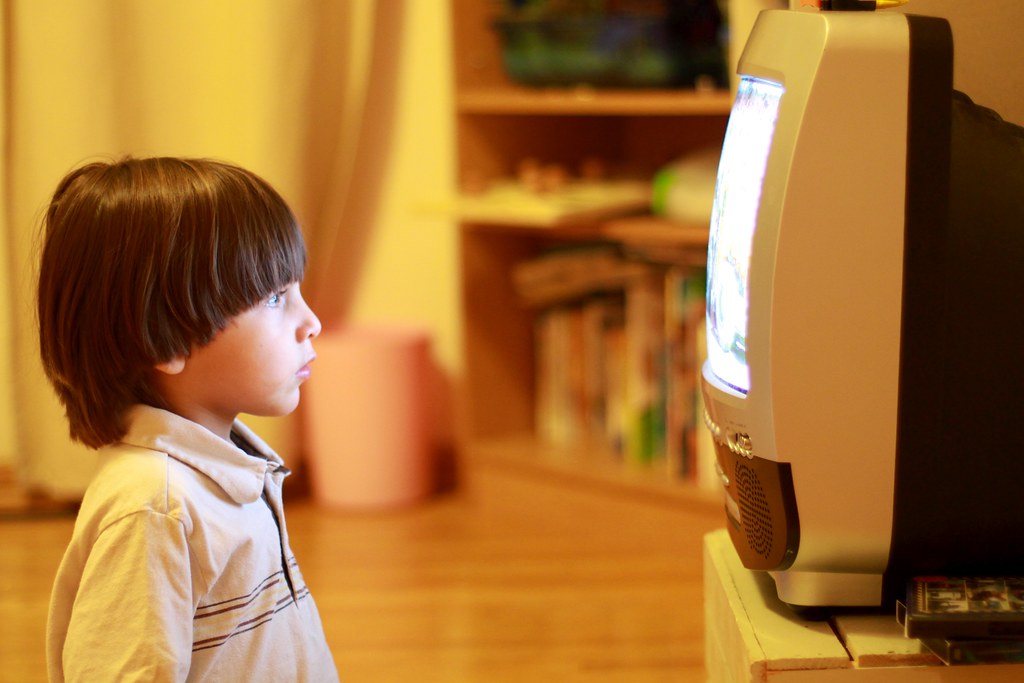
Spending your evenings scrolling through your phone or watching TV might seem relaxing, but that blue light could be sabotaging your energy. Blue light suppresses melatonin, the hormone that helps you fall asleep. As noted by Harvard Health Publishing, this disruption can reduce sleep quality and make you feel groggy the next day—even if you technically got enough hours in. Prolonged exposure to screens before bed is one of the sneakiest ways your home environment contributes to fatigue.
To combat this, try switching to warm light settings in the evening or wearing blue light–blocking glasses. Establish a “screens off” rule an hour before bed and replace screen time with a book or a calming ritual. Your brain will have a chance to unwind naturally, improving the quality of your sleep. That means you’ll wake up feeling truly rested, not just caffeinated.
2. Clutter Everywhere

Living in a cluttered space can overstimulate your brain and drain your mental energy. Visual chaos signals to your mind that there’s still work to be done, which can make it difficult to fully relax. According to Good Housekeeping, cluttered environments are linked to increased stress and anxiety, both of which contribute to fatigue. The simple act of tidying up can have a surprisingly powerful impact on your energy levels.
Try starting small, like organizing your nightstand or clearing off your kitchen counter. Not only will your space feel more serene, but your brain will get a break from the constant noise. Over time, this can lead to better sleep, improved focus, and more sustained energy throughout the day. Less mess equals less stress—and a more energized you.
3. Poor Lighting
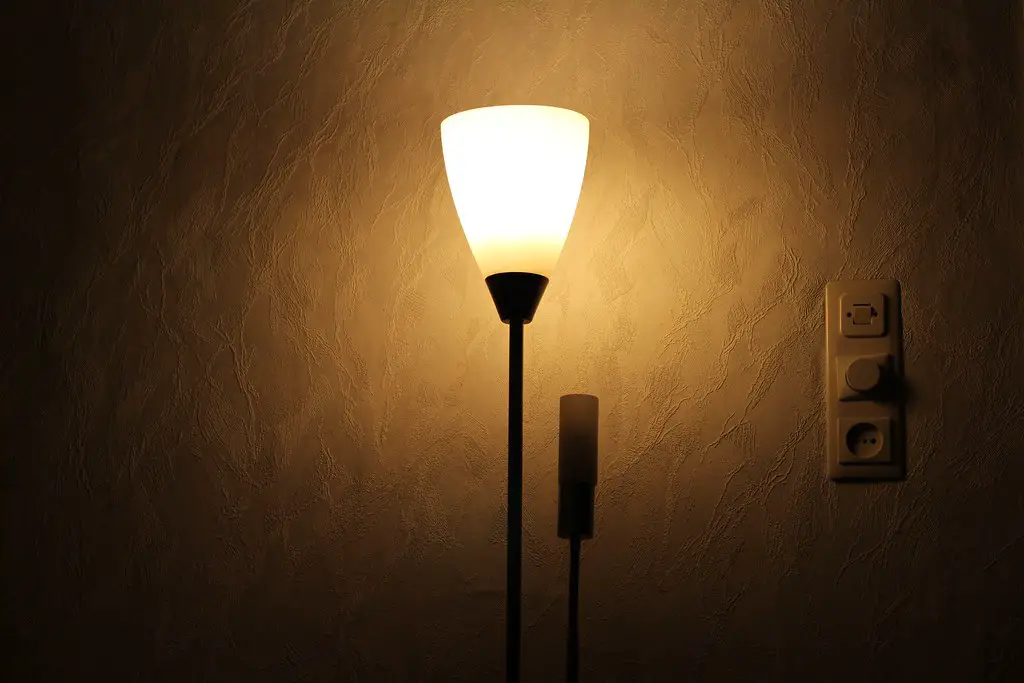
Dim, insufficient lighting can interfere with your body’s internal clock, leaving you sluggish and sleepy. Your circadian rhythm relies on natural light cues to stay on track, and poor lighting indoors can throw that off. Real Simple highlights how inadequate lighting, especially in the morning, prevents your body from fully waking up. On the flip side, harsh fluorescent lighting can also leave you drained by overstimulating your senses.
Make an effort to let in natural light during the day by opening blinds or rearranging furniture. If that’s not possible, consider a light therapy lamp that mimics sunlight. At night, softer, warmer bulbs can help signal to your body that it’s time to wind down. The right lighting can transform your home into a space that supports energy, not zaps it.
4. Dust and Allergens

If your home is dusty or full of allergens, your body may be in a constant low-grade state of inflammation. This can lead to fatigue, even if you’re not consciously feeling sick. Mayo Clinic notes that allergens like dust mites, pet dander, and mold can affect sleep quality and daytime alertness. Even minor allergic reactions, like sneezing or itchy eyes, can leave you feeling drained.
Make sure to clean areas that often go unnoticed, like ceiling fans, vents, and under furniture. Using a HEPA filter in your vacuum or investing in an air purifier can also help reduce irritants in the air. Keeping your space allergen-free won’t just improve your breathing—it can seriously boost your energy. You may be surprised how much brighter you feel when your body isn’t fighting off microscopic invaders all day.
5. Temperature That’s Not Quite Right
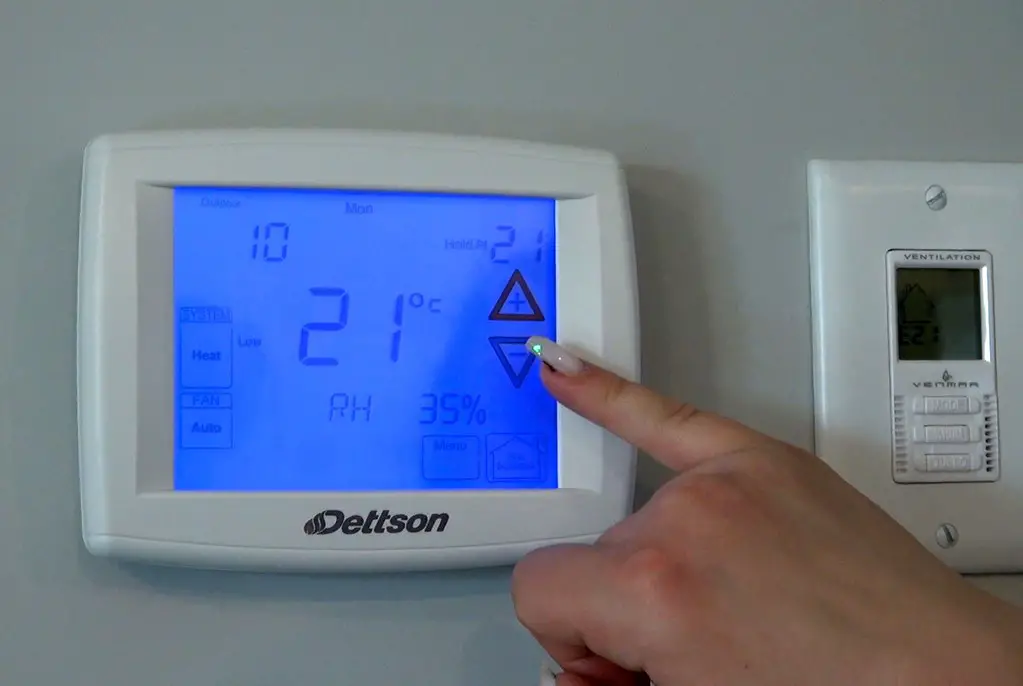
Your home’s temperature plays a major role in how well you sleep and how energized you feel. If your bedroom is too warm or too cold, it can disrupt your sleep cycles and leave you feeling groggy. The ideal sleeping temperature is between 60 and 67°F, but that sweet spot can vary slightly based on your preferences. Even during the day, a too-hot or too-chilly home can make you feel uncomfortable and sluggish.
Try using a programmable thermostat to keep the temperature stable throughout the day and night. Layer your bedding so it’s easy to adjust based on how you feel. During warmer months, blackout curtains can help regulate heat from the sun. A well-regulated environment means better sleep and better days.
6. Lack of Meaningful Visual Stimulation

Bare walls and generic decor can leave your brain craving something more engaging. While minimalism can be peaceful, an environment without meaningful or visually interesting elements can make you feel mentally flat. Your home should reflect your personality and spark moments of joy or reflection throughout the day. Without that, fatigue often creeps in without explanation.
Adding colorful artwork, family photos, or objects that inspire you can elevate your energy and mood. These subtle touches give your brain something pleasant to interact with, making your space feel more alive and supportive. Even one or two meaningful changes can make a big difference in how recharged you feel at home.
7. Too Many Artificial Scents

While air fresheners and scented candles can make your home smell great, too much artificial fragrance can actually cause fatigue. Strong synthetic scents may trigger headaches or irritate your sinuses, especially if you’re sensitive. Your body can react to overpowering smells with mild stress responses, leading to low-level exhaustion. This is especially true in smaller or poorly ventilated spaces.
Consider switching to essential oils or using unscented cleaning products. You can also freshen your space naturally with things like lemon peels, baking soda, or open windows. Not only will this reduce the sensory overload, but your indoor air quality will improve too. A fresher home can mean a clearer head and more energy.
8. Noise Pollution

Even if you don’t consciously notice background noise—like a humming refrigerator, nearby traffic, or a ticking clock—it can wear on your energy levels. Your brain is constantly processing sounds, and when there’s no true quiet, you never fully relax. Over time, this subtle stimulation can lead to mental fatigue and reduced focus. It’s one of the sneakier culprits behind chronic tiredness.
Try identifying any recurring noises in your home and look for ways to reduce or muffle them. White noise machines or soft instrumental music can help mask irritating background sounds. You could also soundproof certain rooms with thick curtains, rugs, or weather stripping. Creating pockets of quiet will allow your mind to rest, even when you’re not sleeping.
9. Lack of Natural Light
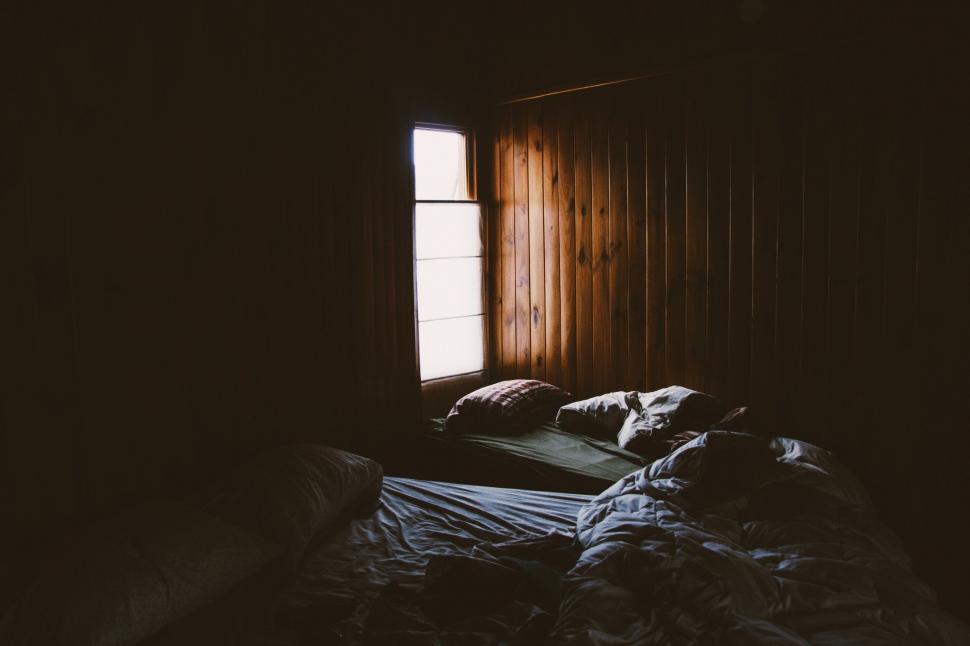
If your home is dark during the day, it could be throwing off your body’s natural rhythms. Light exposure, especially in the morning, helps signal to your brain that it’s time to be alert. Without it, you might feel drowsy even after a full night’s rest. Plus, low light levels are often linked with low moods and lack of motivation.
Try opening your curtains first thing in the morning or spending more time in sunlit rooms. If you live in a space with limited daylight, a light therapy lamp can help simulate the effect. Even a few minutes a day of bright light exposure can have a major impact. You’ll likely feel more awake, focused, and emotionally balanced.
10. Your Color Palette
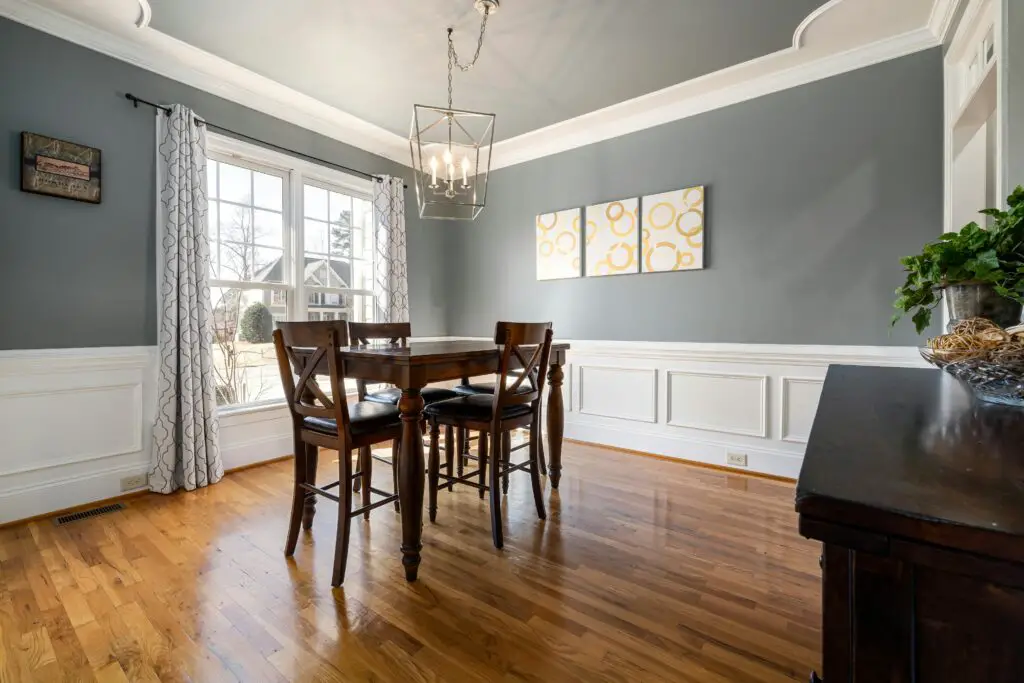
Certain colors in your home can influence your mood and energy levels without you even realizing it. While muted tones like gray, beige, or soft blues can feel calming, too much of them can dull your senses and leave you feeling uninspired. Over time, living in a space that feels “blah” can drain your enthusiasm and increase fatigue. Bright, energetic colors can do the opposite—invigorate and stimulate.
Try adding pops of energizing hues like orange, yellow, or green in small doses—think pillows, artwork, or flowers. Even rearranging your furniture to highlight natural light or focal points can help liven things up. If repainting a room feels overwhelming, small decorative changes can still make a big difference. Your space should reflect and support the energy you want to feel.
11. Messy Kitchen or Sink
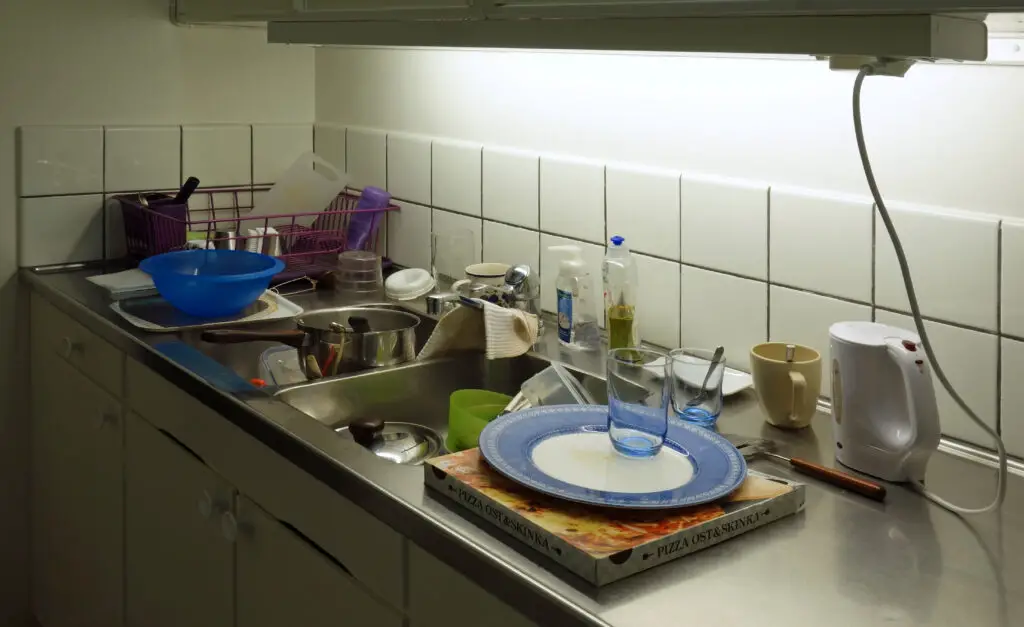
A dirty kitchen—especially a sink full of dishes—can subtly weigh on your mind. Even if you’re not consciously thinking about it, your brain registers unfinished tasks, which can lead to mental fatigue. Walking past clutter or grime multiple times a day adds to your cognitive load. Eventually, it becomes harder to relax in your own home.
Try taking just five minutes after each meal to tidy up or run the dishwasher. This small act can make your whole kitchen feel more manageable. A clean, welcoming kitchen encourages healthier eating and a more relaxed mindset. You’ll be amazed at how a simple cleanup can make your space feel more energizing.
12. Overuse of Overhead Lighting

Overhead lights—especially cold, fluorescent ones—can be harsh on your eyes and draining over time. This kind of lighting creates sharp contrasts and shadows, which can strain your vision. In the evening, it can signal to your body that it’s still time to be alert, throwing off your natural wind-down process. All of this can contribute to physical and mental exhaustion.
Instead, opt for layered lighting using table lamps, floor lamps, and wall sconces. Warm, indirect light can create a cozier, more calming atmosphere. Dimming lights in the evening can also help your body prepare for restful sleep. The right lighting balance supports your circadian rhythm and your energy levels.
13. Your Home Lacks Personal Touches
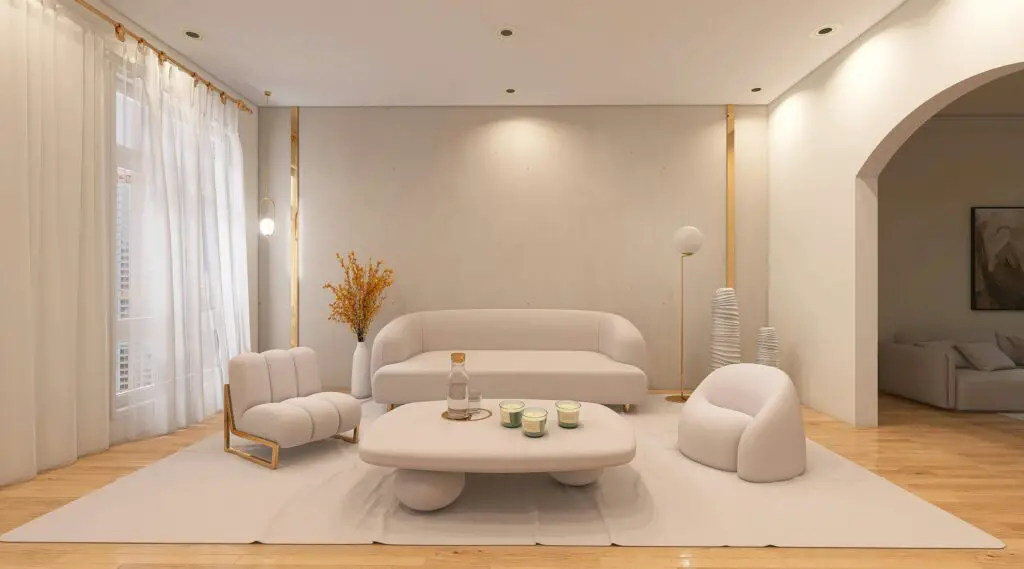
A space that feels sterile or impersonal can quietly sap your energy. When your home doesn’t reflect your personality, it can leave you feeling disconnected or uninspired. Spaces that feel “meh” don’t encourage creativity, relaxation, or motivation. Without a sense of belonging in your own home, emotional fatigue can creep in.
Add items that bring you joy—photos, art, meaningful objects, or plants. Surrounding yourself with things you love can provide a comforting boost each day. It doesn’t have to be Instagram-worthy; it just needs to feel like you. The more you see yourself in your space, the more energized you’ll feel living in it.
